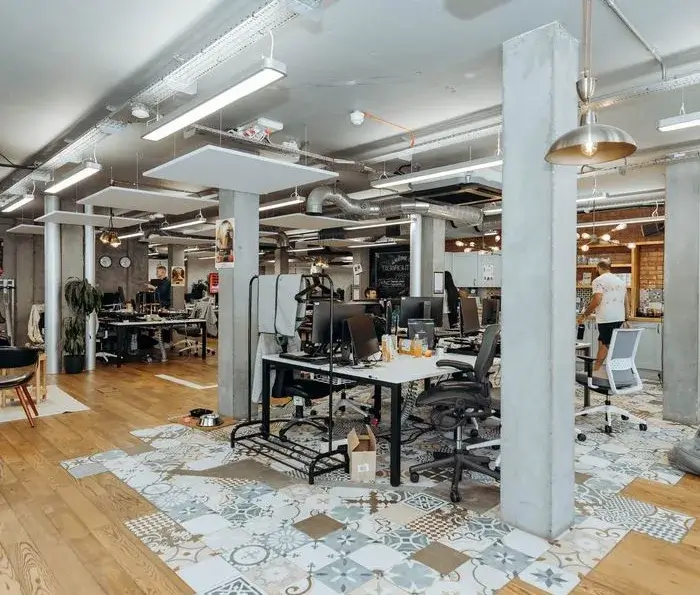Office News & Guides
- Flexioffices Team
- 7 January 2026
- Flexible Office Space
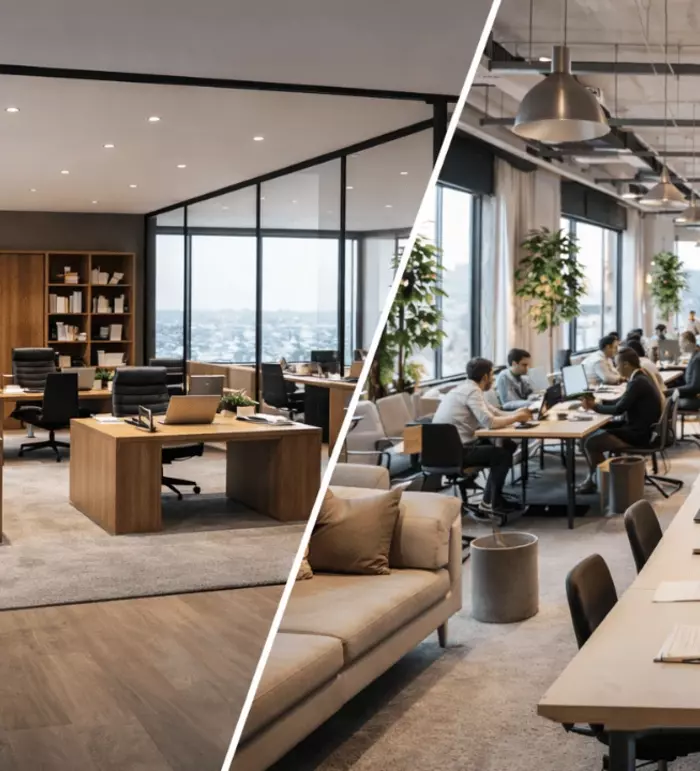
Private Office vs Coworking: Why Professionals Are Switching
Coworking had a clear promise: turn up with a laptop, meet people, and get work done without the hassle of a lease. For many freelancers and e...
- Flexioffices Team
- 17 December 2025
- Fit-Outs, Office Relocation
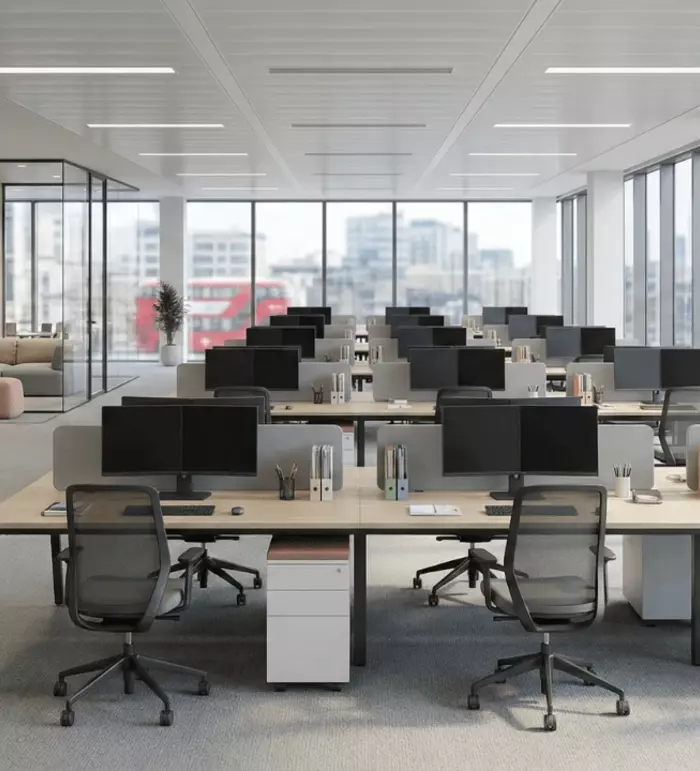
CapEx vs OpEx funding your next office fit-out
Office moves feel like a property job, but they are really a finance job in disguise. The way you fund your next space shapes how fast you can...
- Flexioffices Team
- 8 December 2025
- Market Reports & Statistics, UK Office Market
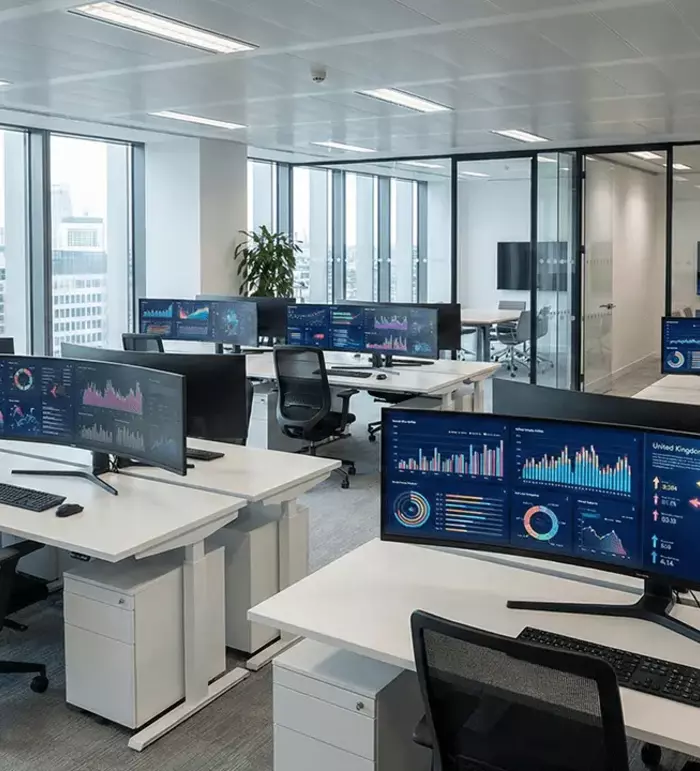
120+ UK Office Space Statistics 2025: The Market Report
1. Why office space statistics matter in 2025Real estate directors are under pressure to cut costs, upgrade quality and support hybrid working...
- Flexioffices Team
- 28 November 2025
- Office Amenities, Strategy & Planning, Workplace Design

Amenities That Matter and Actually Get People Back In
Hybrid is here to stay, so the question is not whether people return to the office, but why they would choose to. An office amenities strategy...
- Flexioffices Team
- 25 November 2025
- Business Rates & Tax, Dilapidations, Moving Offices

Dilapidations and Business Rates Traps to Avoid at Exit
Exiting an office is not just handing back the keys. The two line items that surprise teams most are dilapidations and business rates, because...
- Flexioffices
- 17 November 2025
- Moving Offices, Strategy & Planning
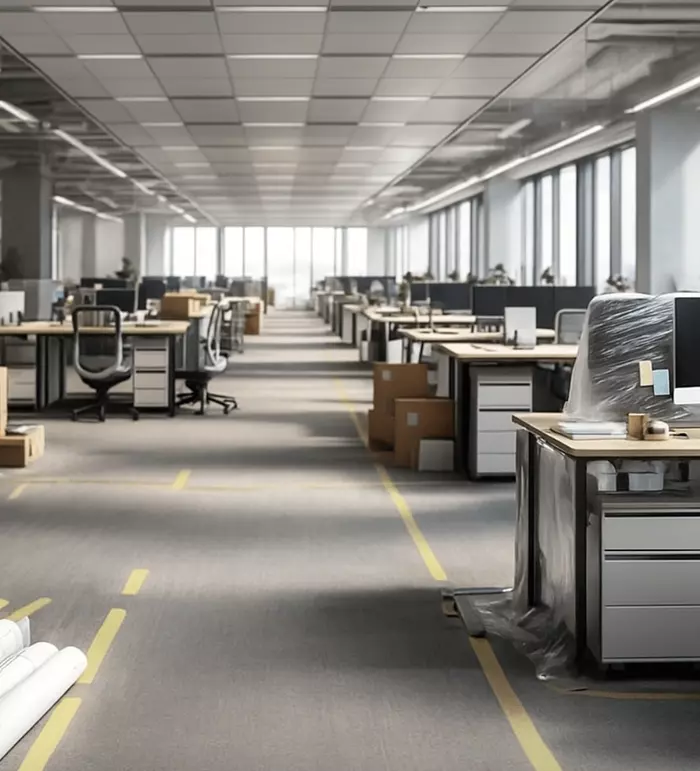
40-Day Office Timeline: From Brief to Move-In
Relocating a team in 40 days sounds punchy, but it is achievable with the right path and tight decisions. This guide maps a practical, step-by...
- Flexioffices Team
- 11 November 2025
- Office Relocation, Strategy & Planning

Building a Multi-City UK Office Network From a Single HQ
UK companies are moving beyond the single headquarters model. Rising central costs, wider hiring markets and hybrid work have pushed leadershi...
- Flexioffices Team
- 3 November 2025
- Market Trends, Strategy & Planning

Premium Office Trend: What Decision Makers Need to Know
The market got noisy about hybrid, then louder about return to office, then predictably confused. Through all of it, one thing has been consis...
- Flexioffices Team
- 30 October 2025
- Office Costs & Budgeting, Strategy & Planning
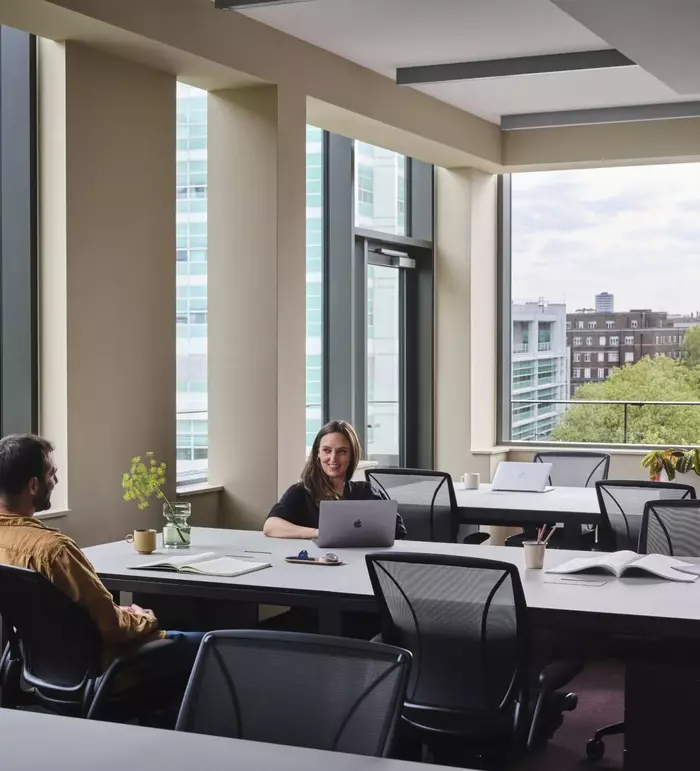
Hidden Costs of Renting Office Space and How to Avoid Them
Finding the right workspace should not feel like playing financial whack-a-mole. Yet many teams sign what looks like a simple deal, then disco...
- Flexioffices Team
- 28 October 2025
- AI, Workplace Design

Generative AI Office Design For Smarter Floor Plans
Office layout has always been a balancing act. You are juggling headcount, desk styles, meeting rooms, focus pods, tech, storage and about nin...
